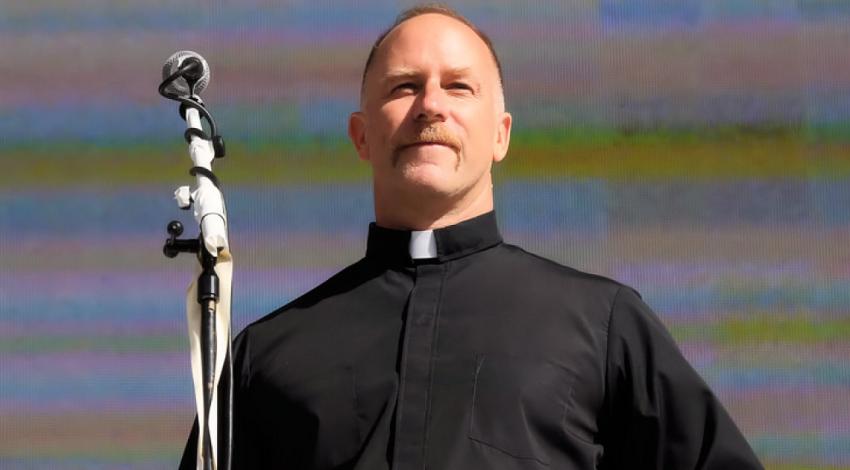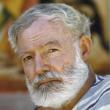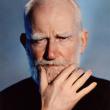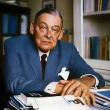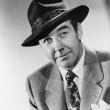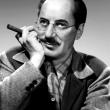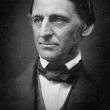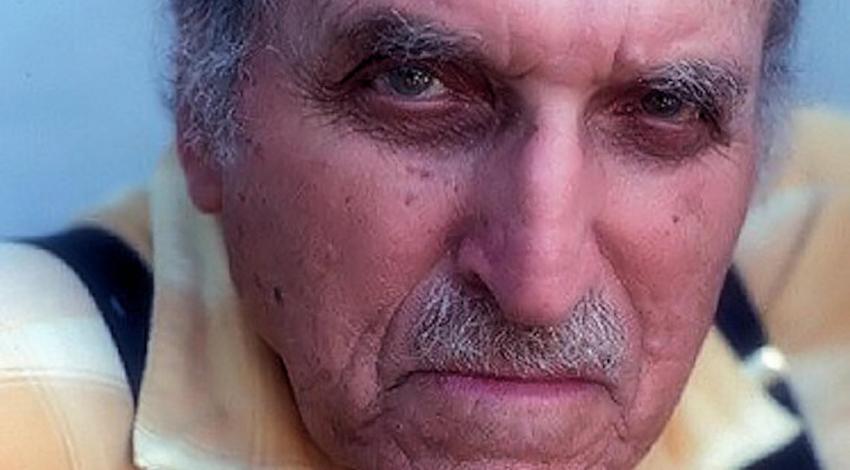Pete Anthony - "Keeping Up Tempo"
Let's just start from the beginning: what is your musical background?
I was primarily a composer. I have a degree in composition from Williams College, and then I went right into the film scoring program at USC. After that, I studied composition and orchestration privately. I've always played piano - poorly, I might add - and I used to be a fairly good trumpet player for about 14 years, until the end of college.
- Read more about Pete Anthony - "Keeping Up Tempo"
- Log in or register to post comments







